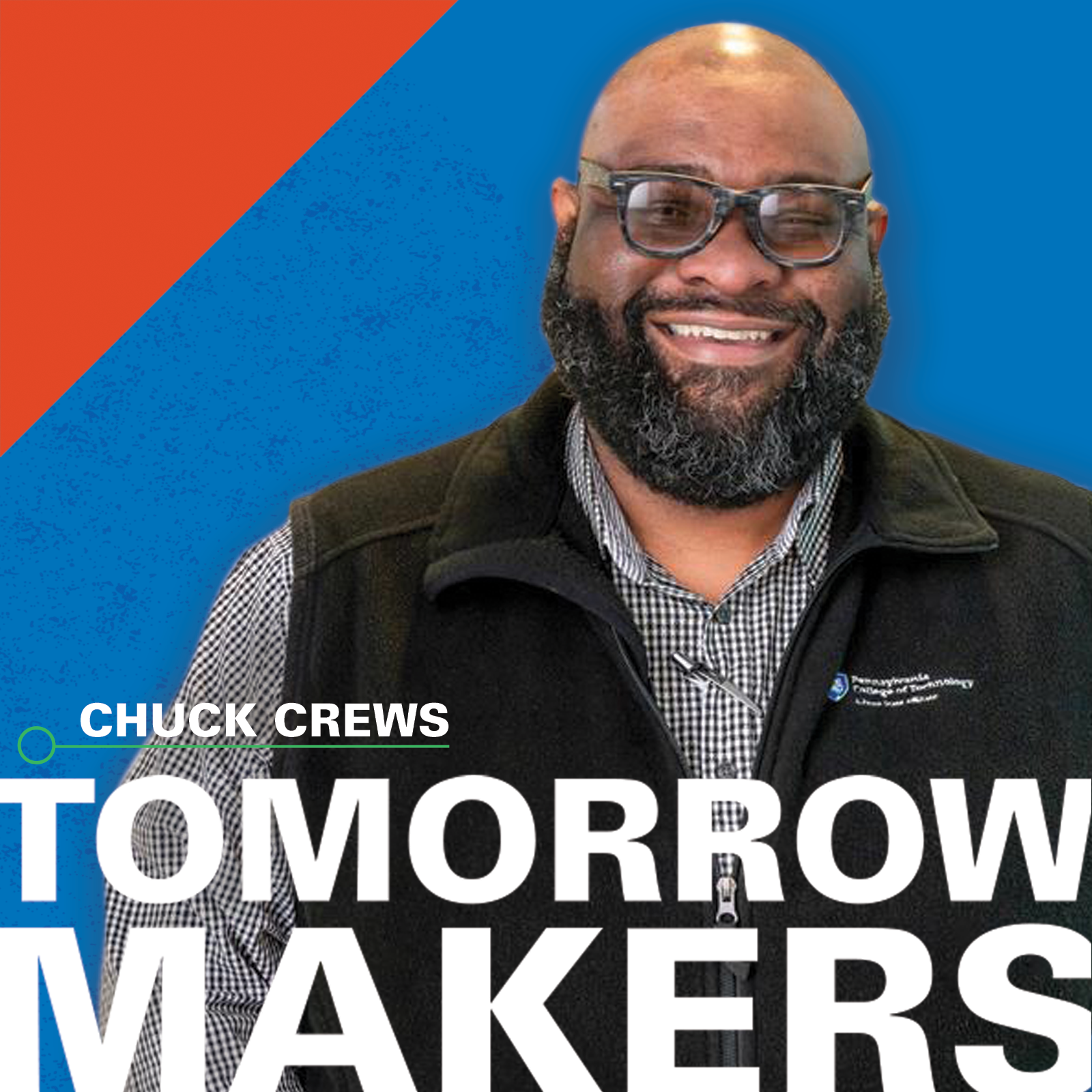
Chuck Crews: Early Hands-On Experiences
Meet Chuck Crews, our assistant director of secondary partnerships. In this episode, we talk about the value of early experiences including dual enrollment and how those opportunities pave the way for future students to earn credits before their first semester.
As a first-generation college graduate, Chuck knows firsthand the challenges students face when stepping into higher education. Now, he’s on a mission to create seamless transitions from high school to college, ensuring that the next generation of learners is equipped for the future.
In this episode, we’ll talk about the impact of dual enrollment, career and technical education, and the key partnerships that make college more accessible. Plus, we’ll get Chuck’s insights on what students, educators, and employers can do today to build the workforce of tomorrow.
